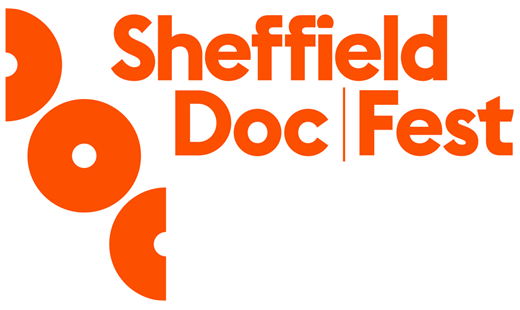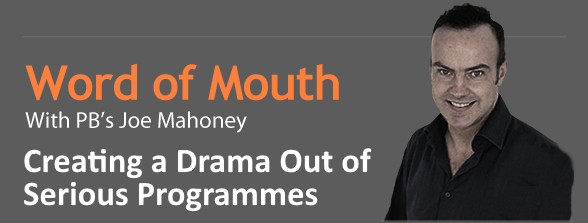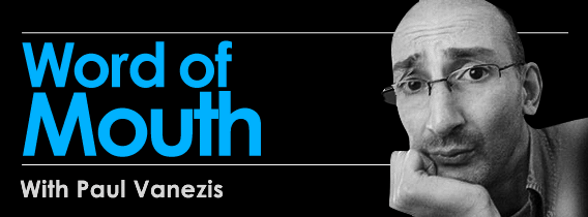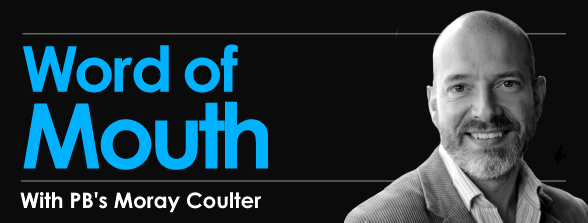
Sheffield Doc/Fest returns from tomorrow, featuring its usual mix of inspirational doc screenings; lively discussion panels and in-depth filmmaker masterclasses. We pick out a few of the highlights from this years festival, which runs from 10-15th June:
Screening: Where to Invade Next, Michael Moore

Where to Invade Next is a 2015 American documentary written and directed by Michael Moore. In this politically provocative comedy, Moore confronts the most pressing issues facing the US today, and travels around the world looking for solutions in foreign methods. The film will premiere at the festival’s opening night on 10th June, and will be followed by a Q&A with Michael Moore. Read more: http://bit.ly/25LIynb



